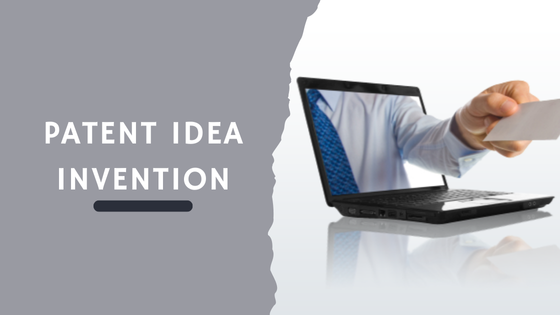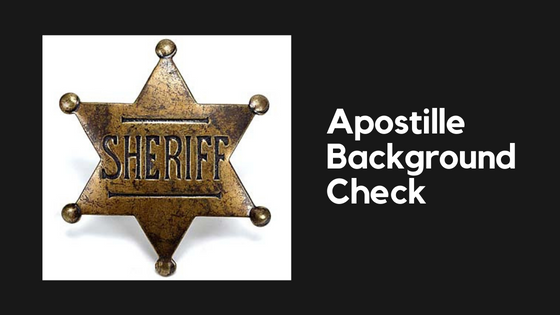
In the realm of innovation and creation, inventors often come up with groundbreaking ideas that they believe could revolutionize the way we live, work, and interact with the world. However, not every invention idea automatically qualifies for a patent. The process of securing a patent involves a meticulous evaluation of whether the idea meets certain criteria set forth by patent laws. This is where InventHelp patent services come in, providing a range of patent-related services that can help inventors navigate the intricacies of the patent application process and determine whether their idea is eligible for a patent. To unravel the mystery of which invention ideas qualify for a patent, it is essential to have a solid understanding of the patent application process and the key factors that determine patent eligibility.
Understanding the Basics of Patents
Before diving into the eligibility criteria, it is crucial to grasp the fundamental concept of a patent. A patent is a legal document granted by the government that gives inventors the exclusive rights to their inventions. This exclusivity allows inventors to prevent others from making, using, or selling their invention without their permission for a designated period, typically 20 years from the date of filing the patent application.
Patent Eligibility Criteria
Not every invention idea will meet the criteria for patent eligibility. To qualify for a patent, an invention idea must meet the following key criteria:
- Novelty: An invention must be new and not publicly disclosed or known before the filing date of the patent application. If an invention has been previously disclosed in a publication, presentation, or any other form of public disclosure, it may not be eligible for a patent.
- Non-obviousness: The invention must not be obvious to someone with ordinary skill in the relevant field. In other words, the invention must involve an inventive step that is not simply a combination of existing ideas or technologies.
- Utility: The invention must have a practical use or provide a tangible benefit. It must be capable of being used or implemented in some way to solve a specific problem or improve upon an existing technology.
- Patentable Subject Matter: Not all types of inventions are eligible for patent protection. Patent laws typically exclude abstract ideas, laws of nature, natural phenomena, and certain types of algorithms from being patented.

Working With InventHelp
Navigating the complex world of patents can be challenging for inventors, which is why many turn to professional services like InventHelp to help them through the patent application process. InventHelp offers a wide range of patent services, such as assisting with patenting an invention idea, conducting patent searches, analyzing patentability, and helping with patent application preparation and filing.
InventHelp’s team of experienced professionals can guide inventors through the intricacies of patent law, helping them determine whether their invention idea is eligible for a patent. By conducting a thorough patent search and analysis, InventHelp can assess the novelty and non-obviousness of an invention idea and provide valuable insights into its patentability.
Conclusion
In conclusion, not every invention idea is eligible for a patent. To secure a patent, an invention must meet certain criteria related to novelty, non-obviousness, utility, and patentable subject matter. By working with a reputable company like InventHelp, inventors can increase their chances of successfully obtaining a patent for their innovative ideas. Understanding the key factors that determine patent eligibility is crucial for inventors seeking to protect their intellectual property and bring their inventions to market.


